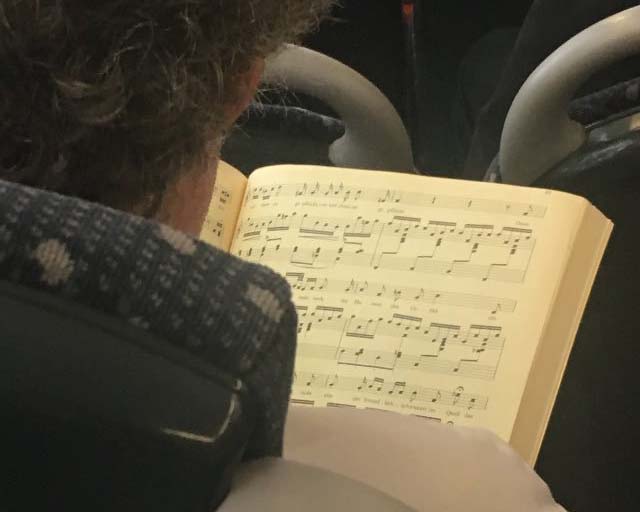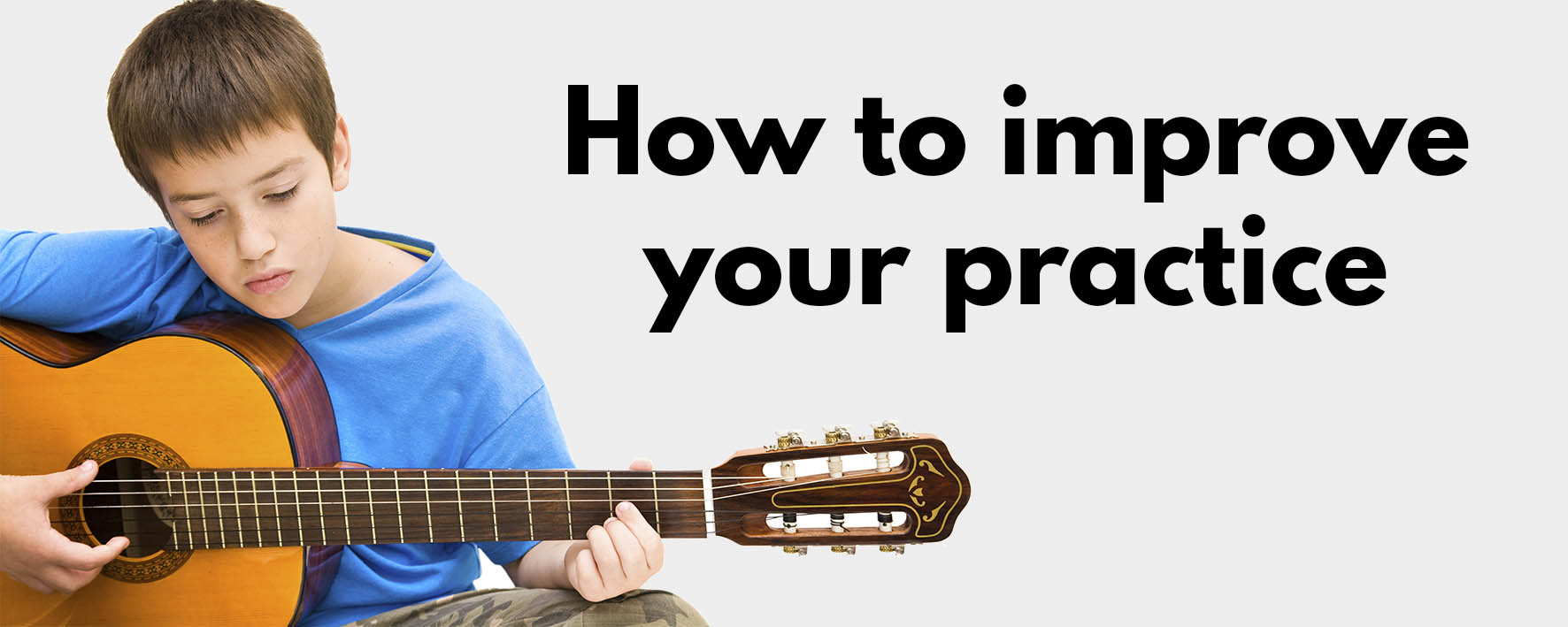Are you in a musical practice rut? Putting in the time but getting no results? It’s okay! We’re here to help.
Not all practice is created equal, but with a little forethought and some new habits you can improve your practice and start getting more out of your efforts.
Will it still be tough? Of course! Progress takes hard work. But with these tips, your practice train will soon be back on the tracks.
Practice with a plan

Part of the fun of playing music is seeing (and hearing) yourself get better. But without a plan, you're likely to plateau after a while. To keep improving at your instrument, you need to come up with a plan for your practice. Pick something out of your comfort zone and create a strategy for how to improve that aspect of your playing. After some warm-up time, dive into that new territory for a set amount of time, and pursue your next goal. If we never push our limits, we’ll never get much past a masterful rendition of “Chopsticks.”
Practice alternative styles

We’ve all got our favorite style. For many of us, the music that inspired us to learn an instrument in the first place is the same music we spend all our practice time working on. But if we want to become well-rounded players, we have a lot to learn from studying other styles of music.
Do you gig? One simple reason for studying a variety of styles is that you'll get a lot more paid gig opportunities. At a recent clinic here at Ted Brown Music, legendary studio drummer Gregg Bissonette told his audience that, to maximize their professional value, they need to be available to play multiple styles. When someone’s looking for a session musician on a new blues album, you don’t want to turn them down because you spent all your time studying Latin jazz.
Practice with good posture

You’ve heard it before, but I’m saying it again – fix your posture! Really, the way you practice at home is the way you’ll play in public. Stand up straight, bring your chest out and breathe. No slouching! Each instrument has its own set of ergonomic foibles and it’s important to learn and practice the proper form. For horn players, good posture gives you access to all the air in your lungs. Good posture helps guitarists and pianists reach all the notes they need with more ease.
Need help? Ask your band director, or music instructor. If the correct posture feels uncomfortable, that’s a good indication you haven’t been practicing it enough.
Get more sleep

Have you been getting your z's? I bet not. According to the Centers for Disease Control and Prevention, 30% of us are living on 6 hours of sleep or less each night, and those of us with night jobs (like, oh say, playing in a band) are most likely to do without a good night’s rest.
As a musician, you’re constantly studying, packing your brain with new skills and material. That job doesn’t go smoothly if your mental fuel tank is running on fumes. Regular, high-quality sleep will increase concentration, help you assimilate new information, boost creativity, improve memory and much more.
Don’t practice longer than you can concentrate

Practice is important, but more isn’t always better. Once you’ve depleted your concentration, your practice suffers. If you can only focus for 15 minutes, you’re wasting time with those hour-long practice binges. Instead, try breaking up your practice into several mini sessions. By taking periodic breaks, you’ll maximize the efficiency of your practice time and get more bang for your buck.
Read your sheet music like you would a book

We’re all busy, and sometimes we don’t have time to sit down for a full-fledged practice session. But that doesn’t mean we can’t practice at all. Next time you’re sitting on the bus or waiting in line at the bank, bring some sheet music along and read it like you would any other book. The ideas will stick with you, making it easier to analyze when you’re actually playing.
Practice is hard work, but with these tips it will pay off in no time.
What tips do you have for optimizing your practice time?


